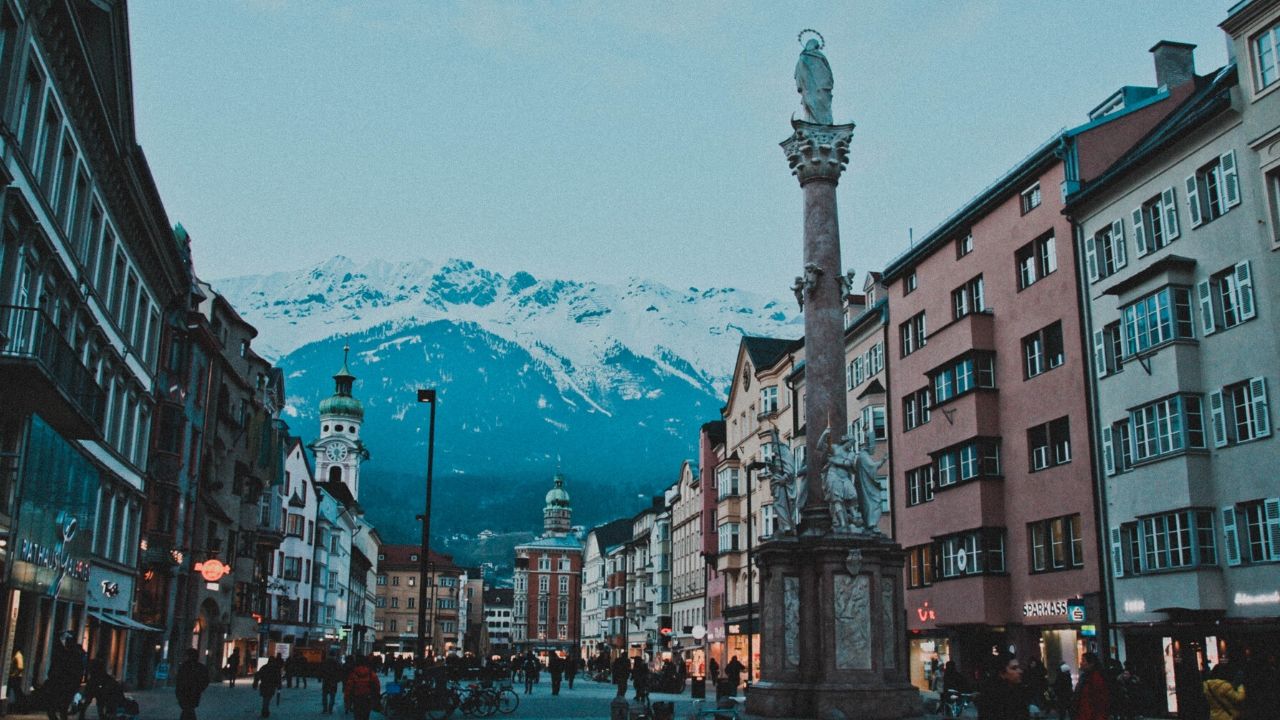“The mall is Amazon. The theatre is Netflix. The office is Zoom. There’s a future where you never leave your home and after COVID is over, the most dangerous thing will be loneliness,” said Airbnb CEO Brian Chesky (@bchesky) at a Lesbians Who Tech conference, according to a tweet from communications specialist Brooke Hammerling.
Chesky may be correct.
According to the American Psychological Association, isolation and loneliness were already serious public health concerns prior to the pandemic. There is evidence to suggest that, like many other illnesses, concern has only grown in the last two years.
“The pandemic does appear to have increased loneliness,” writes Mareike Ernst, Ph.D., of Johannes Gutenberg-University Mainz in Germany, who coauthored an APA study on pandemic loneliness. “As loneliness constitutes a risk for premature mortality and mental and physical health, it should be closely monitored. Loneliness should be made a priority in large-scale research projects aimed at investigating the health outcomes of the pandemic.”
As focus shifts to the workplace, greater loneliness can have a significant impact on employee satisfaction and well-being.
Before the pandemic, organizational psychologist Lynn Holdsworth studied remote journalists and found that compared to working inan office, loneliness increased by 67 percentage points when working full-time remotely.
The 2003 report highlighted all the benefits we see in practice today, including better work-life balance, flexibility, shorter commute times, higher productivity, a broader range of skills for businesses, etc.

But the detrimental effects are also extensively known. A few examples include the blurring of boundaries, a lack of support, and, obviously, social isolation.
According to a blog post by the real estate company JLL, loneliness has consistently emerged as one of the top challenges remote workers face and interferes with their ability to perform their jobs.
“The crossover between loneliness and burnout has a negative impact on worker productivity. Lonely workers are twice as likely to miss a day of work due to illness and five times more likely to miss work due to stress, while 12% of lonely workers say they believe their work is lower quality than it should be, according to Cigna research,” the JLL post reads. “Lonely workers also say they think about quitting their job more than twice as often as non-lonely workers.”
According to Flore Pradère, JLL’s research director for global work dynamics, working from home for extended periods of time has made people feel isolated and badly impacted their social well-being.
The post Airbnb’s CEO Exposes The Biggest Downside Of Remote Work appeared first on Traveling Lifestyle.
-----------------------------
By: Maria Valencia
Title: Airbnb’s CEO Exposes The Biggest Downside Of Remote Work
Sourced From: www.travelinglifestyle.net/airbnbs-ceo-exposes-the-biggest-downside-of-remote-work/
Published Date: Mon, 24 Oct 2022 14:18:33 +0000
Read More
Did you miss our previous article...
https://carefreevoyage.com/digital-nomads/6-best-beaches-in-grenada-to-visit-in-november-2022
 Privacy PolicyTerms And Conditions
Privacy PolicyTerms And Conditions
